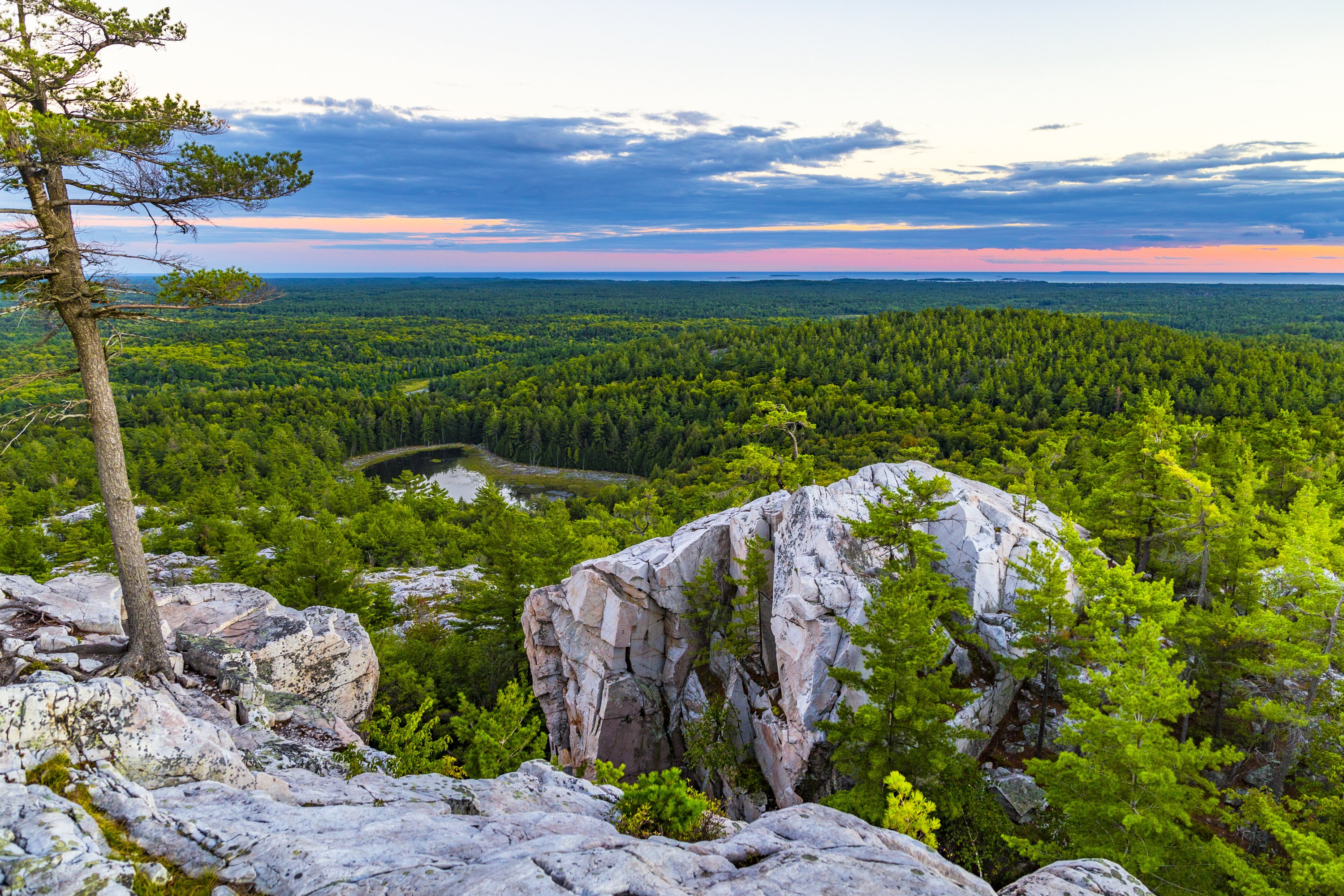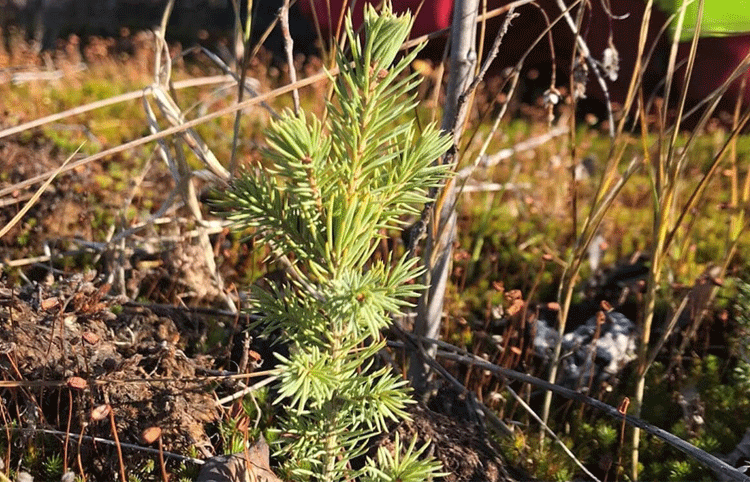Ecosystem Services are the benefits nature provides to human well-being. The term is frequently thrown around in academic circles, but why should you care about them?
Although the term is quite new, our connection to nature is not. We depend on nature for our survival - without healthy ecosystems, our drinking water isn’t clean nor is the air we breathe. We also enjoy nature... studies show that people who spend time in nature tend to be happier than those that don’t. It can even act as a natural anti-depressant. With industry and urban sprawl expanding at unprecedented rates, Ecosystem Services attempt to translate the benefits we receive from nature into economic terms so we can better understand the trade-offs we are making between nature and industrial development.
This brings us to the reasons why we feel Ecosystem Services are important to each and every person:
1. Boundless Benefits
Understanding nature in economic terms, while not perfect, allows us to put everything into the same comparison unit. Despite nature being such an integral part of the human existence, it is sometimes an afterthought in today’s economy. Nature and money are often on competing terms, so to make a more level playing field, environmental economists have tried to bridge this gap by placing a monetary value on the benefits nature provides.
A recent study estimated the combined benefits of nature to people at well over $100 USD trillion per year. To put this in perspective, the top 50 most profitable companies globally combine to make just under $10 USD trillion per year.
Valuing nature in a way that can speak to decision makers, may help promote conservation efforts in the future. It brings nature back into the cost-benefit discussion in a way that can be easily understood.
2. The Foundation For Sustainable Development
Ecosystem Services help measure the true cost of industrial development. Often, the impact industrial development has on the economy and job creation overshadows the cost it will have on surrounding lakes, forests, keystone species, and so on. Assigning a dollar value to these lakes and forests, and the Ecosystem Services they provide, helps adjust the cost benefit analysis by evaluating the negative effects development will have on the natural environment.
Companies have also started to use Ecosystem Services in conservation offset planning, where they can buy and sell credits to offset a development or set aside land to meet a specific offset. Sustainable development supports the maintenance of a healthy economy while also protecting the ecological process for future generations.
3. Essential For Our Survival
Whether you live in rural Newfoundland or downtown Los Angeles, your dependence on Ecosystem Services is the same. As a society, we depend on healthy ecosystems to do many things; to purify the air so we can breathe properly, sequester carbon for climate regulation, cycle nutrients so we have access to clean drinking water without costly infrastructure, and pollinate our crops so we don’t go hungry. As the world’s population continues to grow, so too does our dependence on healthy ecosystems to provide the necessities essential to our survival.
Don’t we all want to leave the planet in a good condition for our successors? Ecosystem Services valuation and assessment is one way to help make this happen. By clearly understanding their value, we can make the best and most informed decisions about how to manage our landscape to ensure this value isn’t lost.







